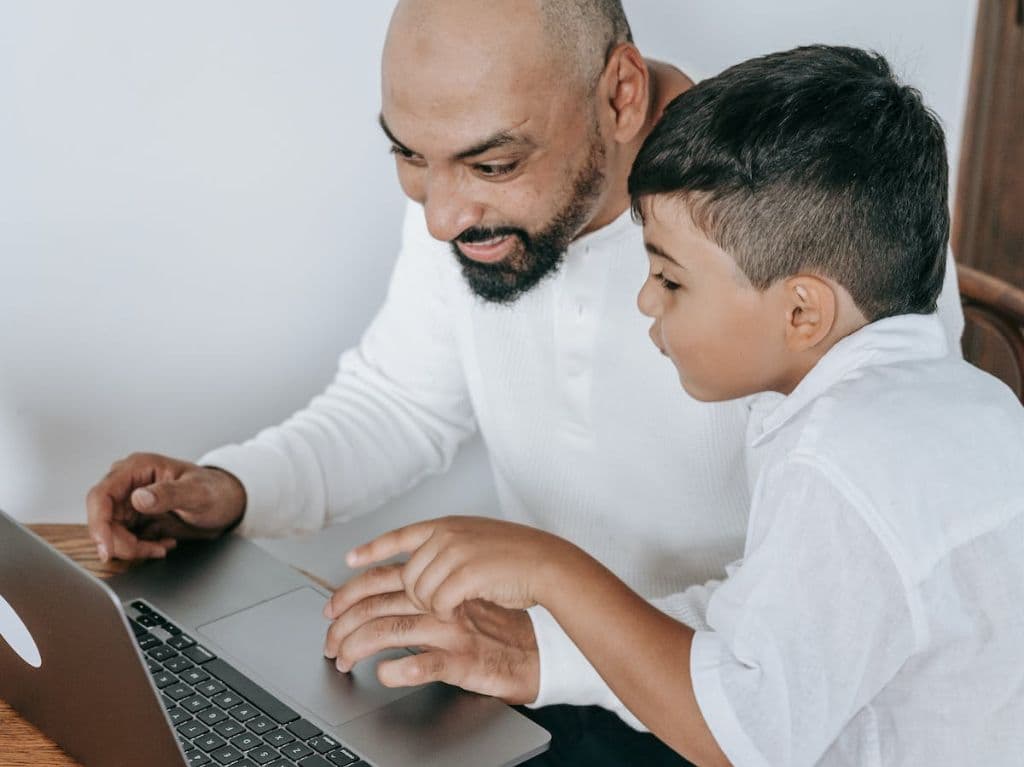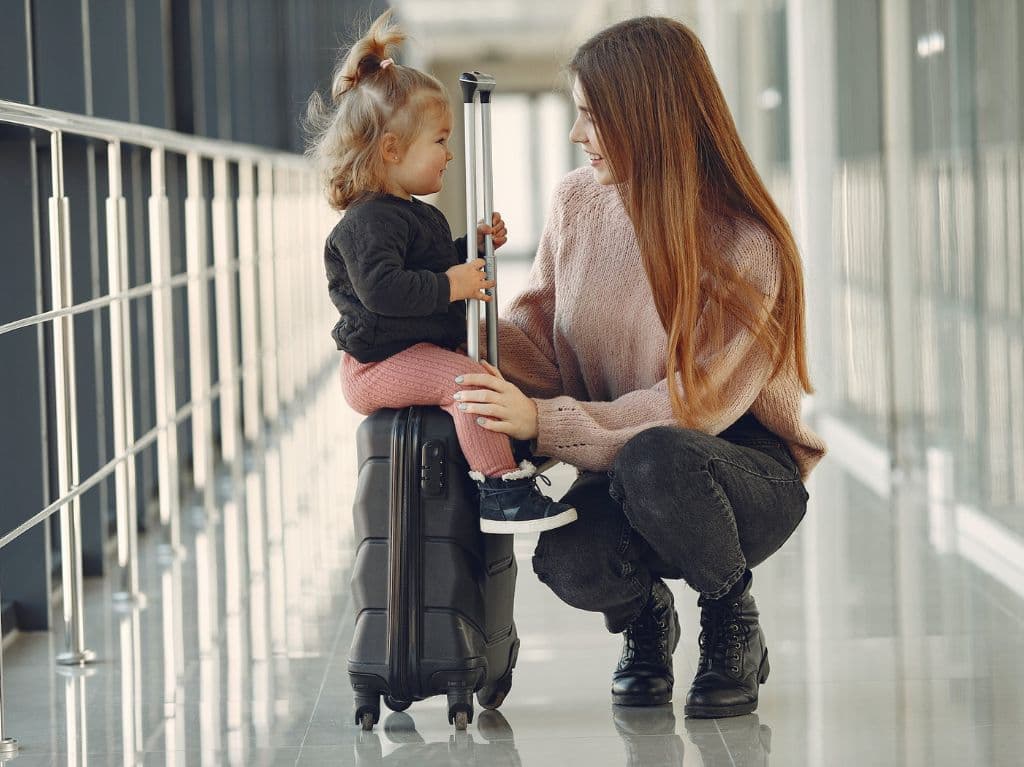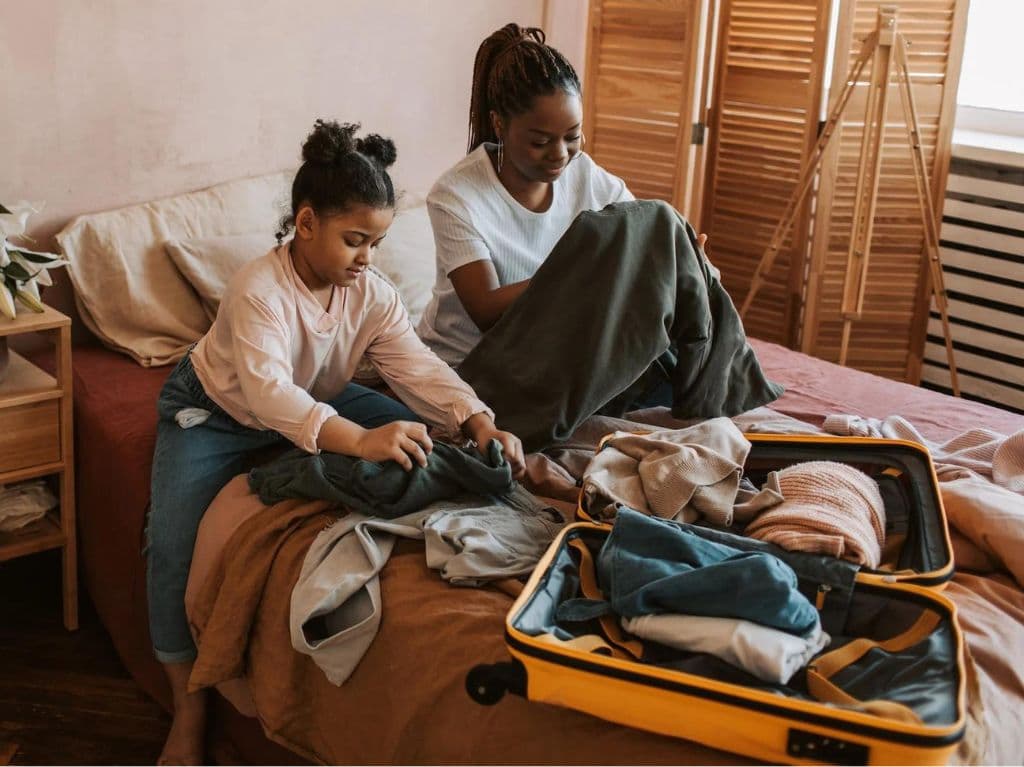Being away from home for a long time can be scary for some children, so helping your child feel confident when going to their first sleepaway camp is very important for their summer experience. While some may be excited and eager to spend some time away, for others it may provoke a lot of anxiety and homesickness, so helping your child feel confident is essential to ensure they have a positive experience. Here are some tips to help your child feel confident and prepared before their first sleepaway camp and ease any apprehensions they may have.
Involve Them
It is important that you include your child in the process, from camp selection to packing. Throughout it, try discussing their interests and preferences and take them into consideration when selecting a camp. If they have a say in the decision, they are more likely to feel excited about attending and have more initiative in having a good time.
Visit the Camp in Advance
Sometimes, children may feel safer if they are familiar with the environment they’re visiting. If possible, you can visit the camp together before the start of the program so your child can become familiarized with the campgrounds, meet some staff and know where they will be sleeping before they are by themselves. This can alleviate some anxiety about the unknown and ease the uncertainty.
Talk To Them
Ask your child about their thoughts, feelings and concerns before they leave. Make sure to open an honest conversation in which they feel safe to speak their minds; if you listen to them and validate their emotions, they are more likely to listen to you back. Reassure them that their feelings are normal, and that they will be able to overcome them.
Pack Together
Pack with your child! Let them choose what clothes they want to take, the bedding, and personal items. Packing creates a sense of ownership and control over their experience, and they can choose to take things that make them feel comfortable and confident.

Practice Independence
Try and implement some independence in their routine before they go to camp, this can be with simple activities such as asking them to make their own bed, manage their belongings, clean after themselves and even take initiative in their interests. This builds self-confidence and also shows you if they need help in learning something, so you can help them and ensure that they're prepared for camp life before they leave.
Share Positive Memories
A great way to get your kid excited for camp is telling them about your own experiences. Share positive stories that you’ve had at camp or at other similar adventures. If you don’t have any of these stories, maybe ask your friends, family, and your kid’s friends; hearing about the fun and exciting adventures can boost their enthusiasm and motivate them to create their own.
Discuss Homesickness
Talk about feeling homesick and reassure them that it’s possible that they may feel this way and that it’s completely normal. You can also teach them coping strategies to overcome this feeling, some of these can be keeping a journal, getting involved with new friends, talking to their counselors and writing letters.
Foster Self-Reliance
Accustom your child to be self-reliable. This doesn’t only mean to be responsible for their own belongings and spaces, but also for them to be responsible for how they manage their times, responsibilities, make decisions and solve-problems creatively.
Healthy Practices
Implementing healthy practices in their routine can help your kid fall back in techniques that soothe them and get rid of their anxiety. Start by practicing relaxation techniques together, like meditation and mindfulness exercises; then let them lead these practices until they feel safe enough to do them by themselves. These practices can help reduce anxiety and increase self-assurance.

Positive Send-Off
When it’s time for your child to go, remember that it’s important for you to remain positive and enthusiastic. Feeling anxious or stressed is valid in these moments, but it is important that your child doesn’t perceive it, as they will often mirror your emotions. This is why you should express confidence in them and their ability to have a great time and show excitement for the adventure they are about to embark on.
Stay in Touch, But Not Too Much
Get informed about the communication plan that the camp offers and how you want to communicate with your child. While contact can be a good way for your kid to feel in touch and not miss too much, excessive contact can hinder their ability to fully engage in camp life and provoke them to miss home more and not be present in their experience. When you get in touch with your child, make sure to ask constructive questions about their experience and encourage them to highlight positive details about camp.
Remember that every child is unique, and their confidence levels may vary. Be patient and supportive, and trust that camp staff are trained to provide a safe and nurturing environment for children to grow and thrive. With time and positive reinforcement, most children can overcome their initial apprehensions and gain confidence in their first sleep-away camp experience. Camps are a great way for children to foster their independence and have first experiences in spending time away from home.
